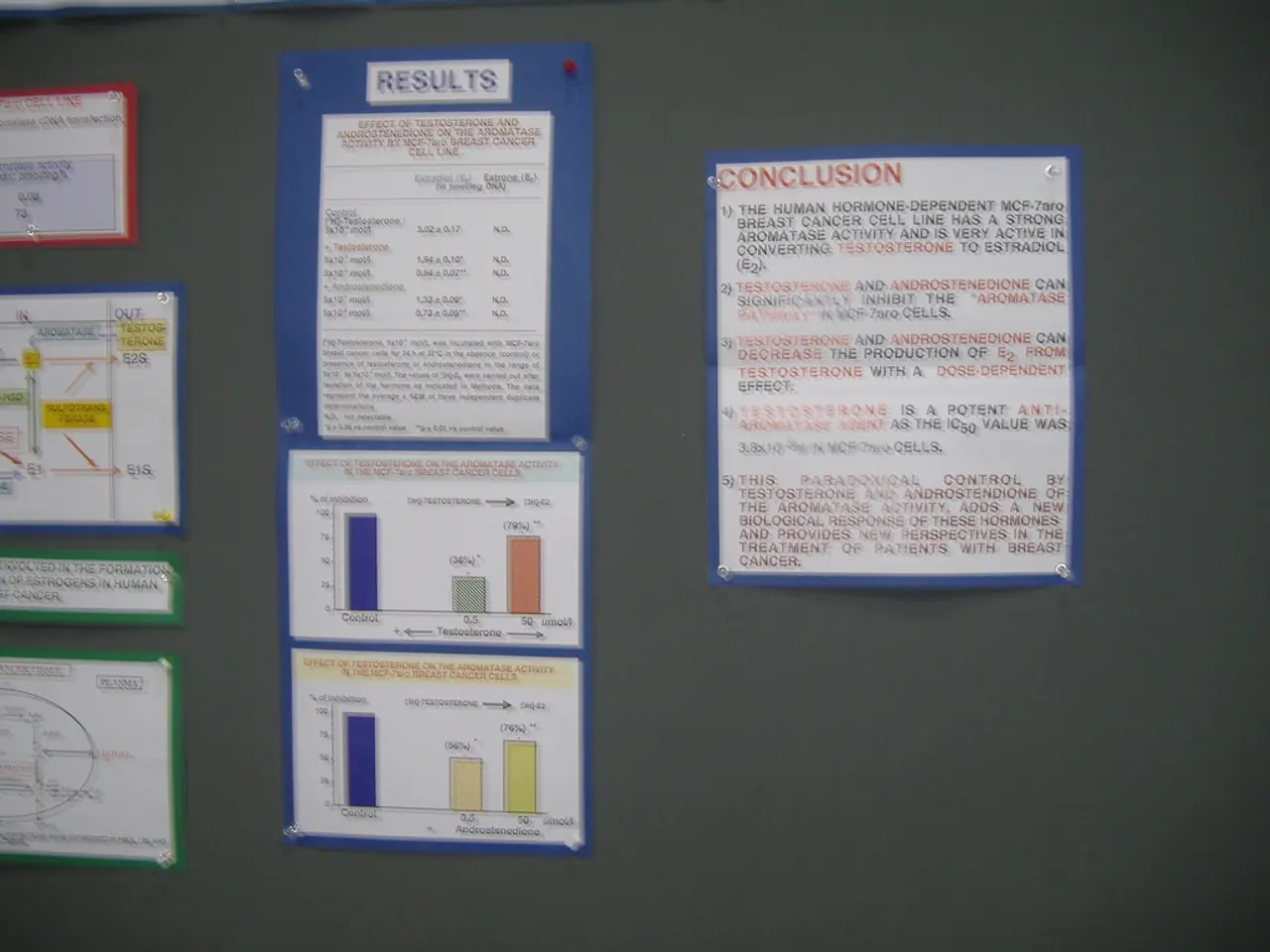Title: Belgium Probes Apple Over "Blood Minerals" Accusations
For decades, the illicit mining of coveted raw materials has ignited violence in the Eastern Congo, with tech giants like Apple under scrutiny for their role in this issue. The Congolese government has levied accusations against Apple, claiming that the tech giant isn't doing enough to prevent conflict minerals from entering its supply chain. Belgian justice is currently investigating these allegations, with an appointed investigative judge overseeing the case, as reported by Reuters.
In France, Congolese officials have filed lawsuits against Apple and its distribution companies, accusing them of concealing war crimes, hiding the origin of compromised minerals, distributing stolen goods, and deceiving consumers. However, Apple has staunchly denied these allegations. At the heart of the issue is the claim that Apple knowingly sources minerals from Rwanda, which are actually originating from conflict zones in the Eastern Congo.
The ongoing conflict over desirable minerals in the Eastern Congo has resulted in massacres, displacements, and mass rapes for decades. Armed groups like the M23, supported by Rwanda, earn revenue through the smuggling of minerals such as cobalt, tin, tungsten, tantalum, and gold. These groups engage in brutal battles to control lucrative mines. The smuggled minerals are often falsified and then transported to neighboring countries.
A UN report revealed that rebels, with the support of the local government, illegally exported at least 150 tons of coltan to Rwanda last year. The Congolese government estimates an annual loss of $1 billion due to mineral smuggling. The Rwandan government consistently denies any involvement in supporting rebel groups or tolerating mineral smuggling.
Apple has defended itself against the allegations, citing extensive measures it has taken to prevent conflict minerals from entering its supply chain. The company relies on mineral suppliers to obtain certifications, including the ITSCI, an international tin supply chain initiative. However, ITSCI's reputation is controversial. Human Rights Watch accused the organization of complicity in the falsification of conflict minerals in a report, while another responsible mineral sourcing initiative removed ITSCI from its approved certification systems.
In response to the allegations, Apple ceased the sourcing of tin, tungsten, tantalum, and gold from both the DRC and Rwanda for all relevant suppliers last summer. This decision was made due to concerns that independent auditors or industry certification mechanisms could not meet Apple's high standards. Nonetheless, the Congolese government remains skeptical, demanding verification of these claims.
The action against Apple is not an isolated incident; the Congolese lawyers hint at a wave of similar lawsuits targeting other tech giants. The cases in France and Belgium are considered the initial salvo in this larger battle. Public awareness and scrutiny of international supply chains have increased, with European countries, consumers, and non-governmental organizations closely examining their ethical integrity.
The issue of conflict minerals affecting tech companies is a broader concern, with companies like Tesla, HP, Nokia, Blackberry, Motorola, Samsung, and Intel also implicated. The DRC's case against Apple is seen as a significant step towards addressing this issue, although experts acknowledge that regulations are not consistently enforced, and further action is needed.
Despite Apple's efforts to prevent conflict minerals from entering its supply chain, questions about the source of these minerals persist. The trade in raw materials, such as cobalt and tin, from conflict zones in the Eastern Congo, continues to be a contentious issue, raising concerns about human rights abuses and economic losses.






